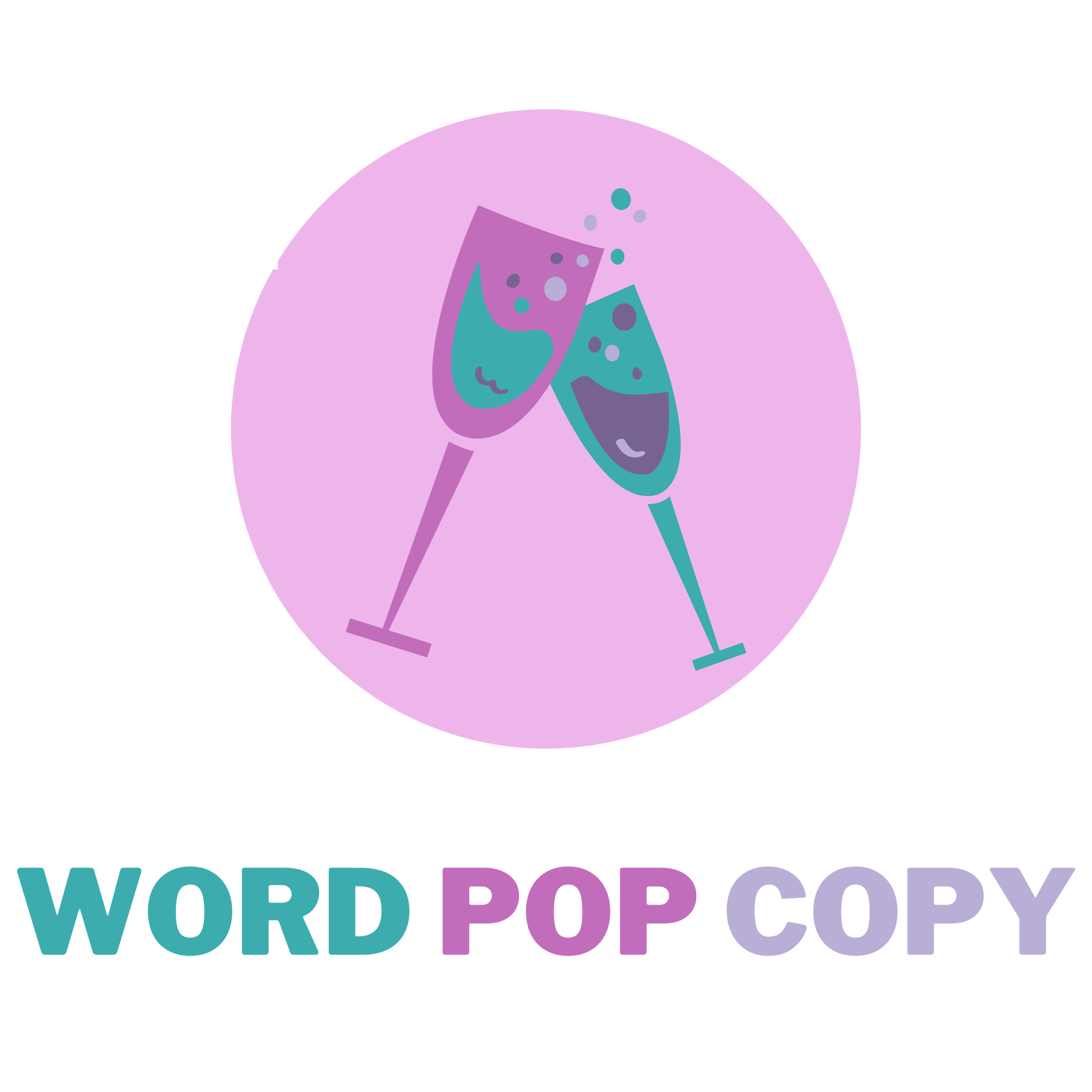All Ears on Podcasting
Joel Zammit, founder of Melbourne-based podcast collective Sanspants Radio, in the control room recording comedy podcast Shut Up a Second.
The following Q&A is part of a pair of interviews I conducted with Joel Zammit, founder of Melbourne comedy podcasting collective Sanspants Radio, for a feature article I wrote about Australian podcasting in The Age’s Livewire lift out last week.
The interview with Joel is one of a series of podcasting-related Q&As I’m publishing on this blog in the next few weeks. The overall conversation will focus further on the culture, aesthetics, economics, production and technology of podcasting as Australian podcasters contemplate how to capitalise on what’s widely been dubbed a “podcasting renaissance”, in the wake of blockbuster podcast Serial.
ME: Was there a particular event or experience that was the inspiration for establishing Sanspants Radio?
JOEL: I was teaching a La Trobe University first-year subject about audio documentaries and there’s this really nice studio at the university that’s under-utilised, so I really wanted to bring back a radio/podcast network to La Trobe because they used to have a radio station before my time, and I wanted to start that up again.
At that stage, were you conceiving of it more as a podcast or a podcast collective?
I think more as a podcast, just to see what we can do out there. We’d tried to do a podcast about a year or so earlier but it fell by the wayside.
I did a media course and my passion was in audio entertainment. I was wanting to create a little space where people got used to using mic, behind the mic, as well as editing things together to see where it could take you.
There wasn’t really any sort of idea of what I wanted or where we wanted to go initially. Because I was teaching a lot about This American Life and Freakonomics, and using those as examples of what you can do now.
“Yeah, the beauty about podcasting is that anybody can do it; we’re doing something that a lot of radio stations can’t do....”
There is a slew of podcasting stories out there referencing the breakthrough impact of Serial on podcasting. It's obviously a good news story but has the associated "podcasting renaissance" hype linked to Serial had any discernible flow-on benefit for Sanspants?
On the peripheral, maybe. Serial's success owes a lot to the fact that it was pitched on This American Life, which had spent so much time to accumulate a million downloads an episode.
Ira Glass (host of This American Life), I think, gave interviews where he came out and said, 'Serial is one of the first podcasts to hit a million downloads.' You know, it took This American Life four or five years to get to that point, or longer, whereas it took Serial a week, and that's very good and all but it has This American Life listeners to bounce off.
Sarah Koenig (centre), creator and host of Serial, with Ira Glass and the Serial team.


